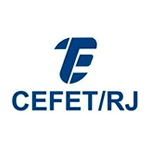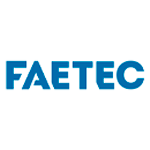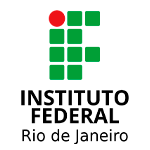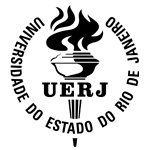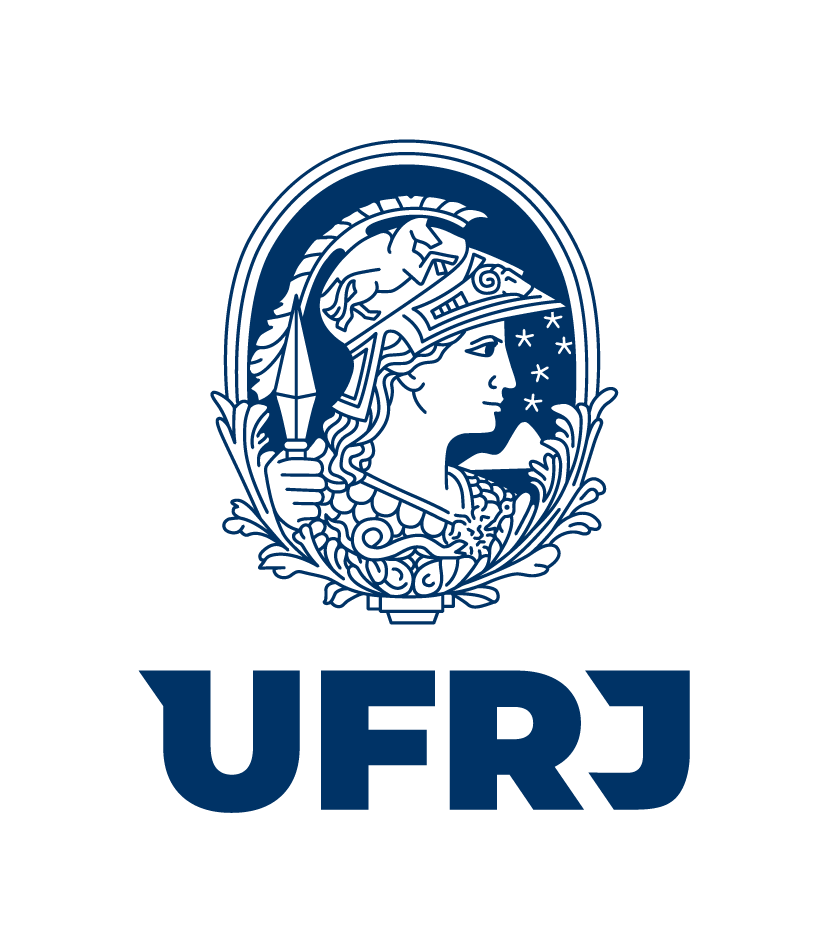Microlearning Design para Formação de Professores em Contexto Não Formal de Educação a Distância.
Resumo
O presente artigo apresenta uma experiência de design de curso na modalidade a distância e não formal, realizado durante a pandemia, em que se enfatizam aspectos relacionados a atividades interativas e colaborativas, visando à formação de professores, cujo tema abordado foi o pensamento computacional. Como base tecnológica digital foi utilizado o WhatsApp, tornando-se a principal plataforma de comunicação educacional, na qual foi orientado o projeto de design desse curso de curta duração. Os objetivos foram: i) ampliar os referenciais do conteúdo pedagógico dos professores; ii) explorar formas de comunicação participativa entre as mediadoras do curso e os professores-participantes, organizados em diferentes grupos de trabalho; iii) efetuar a distribuição de micro conteúdos adequados à aprendizagem remota. Esse design envolveu micro postagens em variadas linguagens audiovisuais com ações e atividades síncronas e assíncronas. Constatou-se que os micro conteúdos produzem sentido aos participantes, na medida em que apresentam propósito claro de aprendizagem, por meio da abertura do diálogo com senso participativo e de troca de experiência, com posicionamentos críticos de opiniões e de metacognição - refletir como se aprende. Para ações pontuais de aprendizagem em ambiente de ensino, não formal e a distância, destaca-se o microlearning como estratégia de design que motiva à aprendizagem mais colaborativa, engajadora, crítica e dinâmica.
Palavras-chave: Design educacional. EaD na formação de professores. WhatsApp na educação. Microlearning. Educação não-formal.
Downloads
Referências
ANDRÉ, M. E. D. (org). Prática inovadoras na formação de professores. Campinas: Papirus, 2017.
BRACKMANN, C. P. Desenvolvimento do pensamento computacional através de atividades desplugadas na educação básica. 2017. 226 f. Tese (Doutorado) - Curso de Informática na Educação, Universidade Federal do Rio Grande do Sul, Porto Alegre, 2017.
BRASIL. Ministério da Educação. Base Nacional Comum Curricular. Disponível em http://basenacionalcomum.mec.gov.br/images/BNCC_EI_EF_110518_versaofinal_site.pdf. Acesso em 17 ago. 2021.
BRITO, G. et al. A Reconfiguração de Aulas no Período Pandêmico: Percepções de Professores das Escolas Públicas de Ensino do Estado do Paraná – Brasil. Revista Interacções. Portugal. V. 16, número 55, 2020.
CORRÊA, D.M.; CASTRO, L. P. S.(Org.). Cartilha do docente para atividades pedagógicas não presenciais [recurso eletrônico]. Florianópolis: SEAD/UFSC, 2020.
CUSTÓDIO, S. G. et al. O Papel do Tutor na Humanização da Aprendizagem na Educação a Distância. Revista EaD em Foco. V. 9, n. 1, 15 ago. 2019.
DENNING, P. J. The profession of IT Beyond computational thinking. Communications of the ACM, v. 52, n. 6, p. 28, 2009.
FALSARELLA, A. M. Formação continuada e prática de sala de aula: os efeitos da formação continuada na atuação do professor. Campinas, SP: Autores associados, 2004.
FILATRO, A; CAVALCANTI, C. C. Metodologias Inov-ativas- na educação presencial, a distância e corporativa. São Paulo: Editora Saraiva, 2018.
GARCIA, M. S. S. Design de Aplicativos Mobile para a Aprendizagem de Língua. In Revista EaD em Foco. Vol. 6, no. 1, 2016. Disponível em: https://eademfoco.cecierj.edu.br/index.php/Revista/article/view/371. Acesso 15 julho, 2021.
GARCIA, M. S. S. Mobilidade tecnológica e Planejamento Didático. São Paulo: Editora Senac, 2017.
GOHN, G. M. Educação não-formal, aprendizagens e saberes em processos participativos. In Investigar em educação. 11ª. Série, número 1, 2014.
HUG, T.; LINDNER, M.; BRUCK, P. A. Microlearning: Emerging Concepts, Practices and Technologies after e-Learning. 2005.
KURSHAN, B. Thawing from a Long Winter in Computer Science Education. Forbes, p. 2, fev. 2016.
KURZWEIL, R. The age of spiritual machines: when computers exceed human intelligence. New York: Viking, 1999.
LIUKAS, L. Hello Ruby: adventures in coding. Feiwel & Friends, 2015.
LOBATO, I. M. O processo interativo na educação a distância: professor, aluno e material didático. Revista Paidéi@, v. 2, n. 1, jun. 2009. Disponível em: <http://revistapaideia.unimesvirtual.com.br/index.php?journal=pai- deia&page>. Acesso em: 13 fev. 2014.
MARCON, K.; CARVALHO, M. J. S. Formação de professores na cultura digital. Dicionário crítico de educação e tecnologias e de educação a distância. Daniel Mill (org). Campinas: Editora Papirus, 2018.
MOREIRA, J. A. M.; HENRIQUES, S.; BARROS, D. Transitando de um ensino remoto emergencial para uma educação digital em rede, em tempos de pandemia. Dialogia, São Paulo, n. 34, p. 351-364, jan./abr. 2020. Disponível em: https://doi.org/10.5585/Dialogia.N34.17123. Acesso em 16 set. 2021.
MORIAN, E. Os sete saberes necessários í Educação do futuro. São Paulo: Cortez, 2011.
PAPERT, S. (1988). LOGO: Computadores e Educação. (2nd ed.). São Paulo: Brasiliense.
PAPERT, S. (2008). A Máquina das Crianças - Repensando a Escola na Era da Informátca. Porto Alegre: Artmed.
PEDROSA, R. M, ALMEIDA, J. J. C. P; AVELAR, I. T. M. O ensino remoto emergencial, suas implicações e desafios e o impacto causado í s famílias de classes populares. In Anais do Congresso Nacional Universidade, EAD e Software Livre. V. 2, n. 11, 2020. Disponível em: http://www.periodicos.letras.ufmg.br/index.php/ueadsl/article/view/17550. Acesso em 07 de agosto de 2021.
PREECE, J.; ROGERS, Y.; SHARP, H. H.. Design de Interação: Além da Interação homem-computador. Editora Bookman, São Paulo: 2005.
PRIMO, A. F . T. Seria a multimídia realmente interativa? Revista da FAMECOS, n. 6, p. 92-95, mai. 1997.
SACCOL, A.; SCHLEMMER, E.; BARBOSA, J. M-Learning e U-Learning: novas perspectivas de aprendizagem móvel e ubiqua. São Paulo: Pearson Prentice Hall, 2011.
SILVA, A. R. L; SPANHOL, F. J. Design educacional para a gestão de midias do conhecimento. Jundiaí: Editora Paco, 2018.
TORGERSON, C.; IANNONE, S. Designing microlearning (What works in talent development, ATD, EUA, 2019.
WING, J. M. Computational Thinking with Jeannette Wing. Columbia Journalism School, 2014.
WING, J. M. Computational thinking and thinking about computing. Philosophical Transations oft he Royal Socity a mathematical, physical and engineering sciences. The Royal Society Publishing, 2008. Disponível em: https://royalsocietypublishing.org/doi/abs/10.1098/rsta.2008.0118. Acesso em 10 de outubro de 2021.
WING, J. M. Computational thinking. Communications of the ACM, Volume 49, Issue 3. pp 33–35, March, 2006.
Downloads
Publicado
Como Citar
Edição
Seção
Licença
Copyright (c) 2021 EaD em Foco

Este trabalho está licenciado sob uma licença Creative Commons Attribution 4.0 International License.
Todos os artigos publicados na Revista EaD em Foco recebem a licença Creative Commons - Atribuição 4.0 Internacional (CC BY 4.0). Todas as publicações subsequentes, completas ou parciais, deverão ser feitas com o reconhecimento, nas citações, da Revista EaD em Foco como a editora original do artigo.


